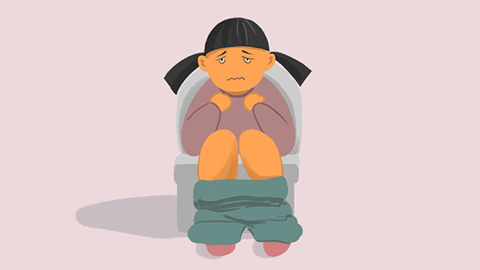Can dampness cause constipation?
Generally speaking, excessive dampness may lead to constipation if it causes stagnation of qi and depletion of body fluids in the intestines. However, if it only affects the spleen and stomach's function of transformation and transportation without causing intestinal stagnation, constipation may not occur. If any abnormalities occur, timely medical consultation is recommended. Detailed explanation is as follows:

If dampness combines with heat to form damp-heat, thereby consuming intestinal body fluids or blocking the movement of qi in the intestines, it may lead to symptoms of constipation such as dry and hard stools or difficulty defecating. These situations are related to excessive dampness.
If the dampness mainly manifests as cold-dampness and primarily affects the transformation and transportation functions of the spleen and stomach without significantly obstructing the intestines, symptoms may include loose, sticky stools rather than constipation. In such cases, excessive dampness is not directly associated with constipation.
When constipation occurs, other bodily symptoms should be considered to determine whether it is related to dampness. If constipation is accompanied by a thick, greasy tongue coating and a heavy sensation in the body, dampness might be a contributing factor. If symptoms persist or worsen, prompt medical attention is advised to identify the cause before appropriate regulation and treatment.







